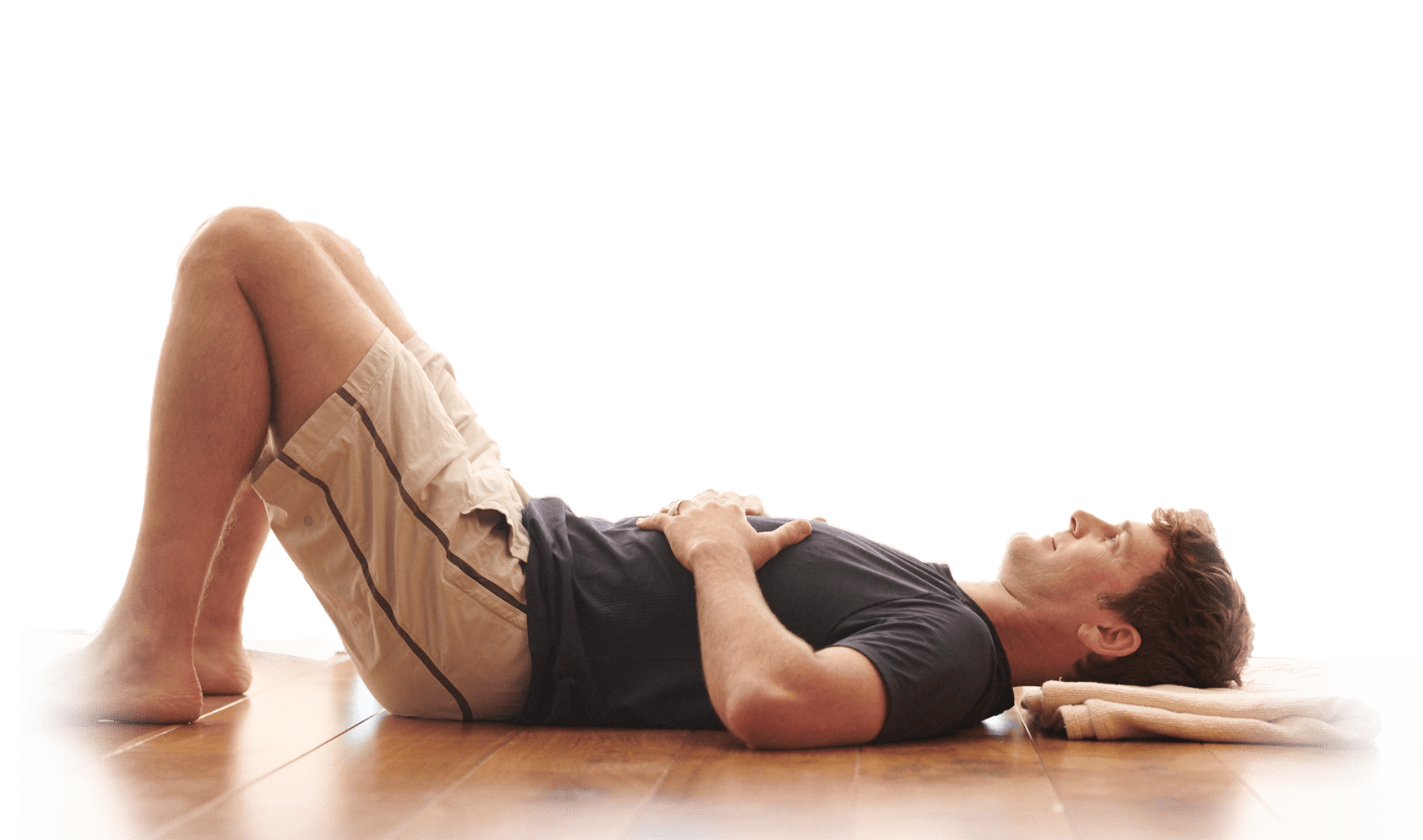There is no such thing as being too inflexible, or too anything for that matter, to do yoga. The beauty of our approach is that we use external supports, which are known as “props,” to customize the practice to your current flexibility, strength, and balance needs. We want yoga to feel safe and enjoyable for you, not overwhelming and frustrating.
No shoes or cleats required. We recommend bare feet to get the best feel on your mat but socks are also okay if your toes get quite chilly.
The best thing to do if you’re brand new to yoga is to schedule a private lesson. Most people find that after just one private lesson, they feel oriented to the practice and prepared to attend a public class without feeling intimidated.
Not at all. We honor and respect each person’s individual faith, and we deliberately foster an atmosphere of inclusivity rather than imposing a certain type of spirituality. Most people find that the internal quieting that yoga produces helps to clarify and amplify the faith that they already possess.
Not one bit. Yoga is fundamentally about balance, meaning that it is designed to complement literally anything that you do. Tennis players, for instance, will find that yoga helps them to recover more quickly from a match so that they can get back on the court. Runners typically discover that yoga refreshes their legs and improves the efficiency of their stride. In short, yoga will enhance all of your other favorite activities and we would never want it to supplant them.
Then welcome aboard; you came to the right place.
Although not formally trained, Yogi uttered many profound philosophical statements such as this, “In theory there is no difference between theory and practice. In practice there is.”
